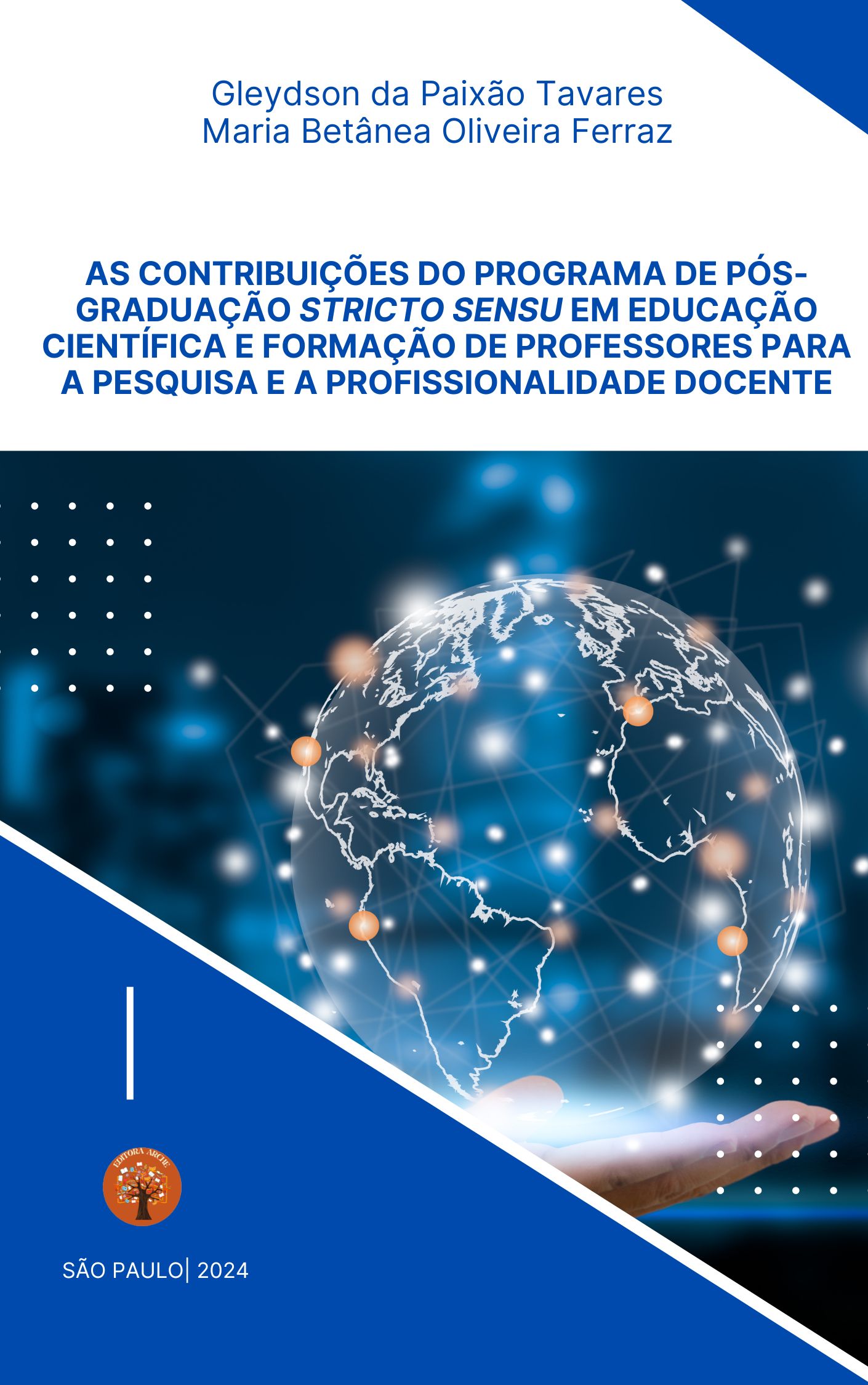THE CONTRIBUTIONS OF THE STRICTO SENSU POSTGRADUATE PROGRAM IN SCIENTIFIC EDUCATION AND TEACHER TRAINING TO RESEARCH AND TEACHING PROFESSIONALITY
Keywords:
Teacher Training. Search. Master's Program. Learnings.Abstract
The Postgraduate Program in Scientific Education and Teacher Training (PPG-ECFP) – Master's and Doctorate level, is linked to the Department of Biological Sciences of the State University of Southwest Bahia, Campus Jequié (Ba), and is part of the National System post graduate.
According to the information on the Program's home page, the PPG ECFP was created with the purpose of developing research in the field of Science and Mathematics Teaching, promoting the qualification of educators/researchers in the teaching areas of Biology, Physics, Mathematics and Chemistry and, concomitantly, generating knowledge that contributes to the improvement of teaching and learning processes in that area, considering all levels of education in terms of formal education and, also, in other instances in terms of non-formal education.
This compendium brings together 06 (six) texts, 05 (five) of which describe and reflect on the organization, planning, development and learning provided by 05 (five) curricular components of the Postgraduate Program in Scientific Education and Training of Teachers (PPG-ECFP) – Master’s level, namely: Qualitative Data Analysis; Higher Education Teaching; Teaching Internship; Education in Science, Culture and Society; and Learning Theories: Foundations for research in Science Education. This last text, together with the text entitled "The limits and possibilities of completing the PPG ECFP Master's Degree, during the COVID-19 pandemic period", will make up the summary section of the book.
This book is structured into 04 (four) chapters and a space reserved for the production of summaries.
The first chapter demonstrates, describes and presents the learning acquired, through carrying out an activity proposed during the development of the Qualitative Data Analysis curricular component, based on Grounded Theory.
The second chapter brings a discussion about the professionalization of university teachers based on the development of the Higher Education Teaching curricular component.
The third chapter presents an experience in a Degree Course in Biological Sciences, with a view to teacher training, carried out during the Teaching Internship curricular component.
The fourth chapter addresses the contributions of the Education in Science, Culture and Society curricular component, from the perspective of gender and sexual diversity in education.
Finally, a section composed of two summaries is presented.
The first discusses the importance of the curricular component Learning Theories: Fundamentals for Research in Science Education, as it enables important and necessary studies and debates on learning concepts and theories, with a view to scientific research.
The second presents a study on the limits and possibilities of completing a master's degree in the COVID-19 pandemic context – 2020/2021.
We hope that the readings contribute to a reflection on the successful experiences experienced during the completion of a Master's degree with a view to training teachers and researchers in Science and Mathematics Education.
Good reading!
The authors.
Downloads

Downloads
Published
How to Cite
License
Atribuição CC BY
